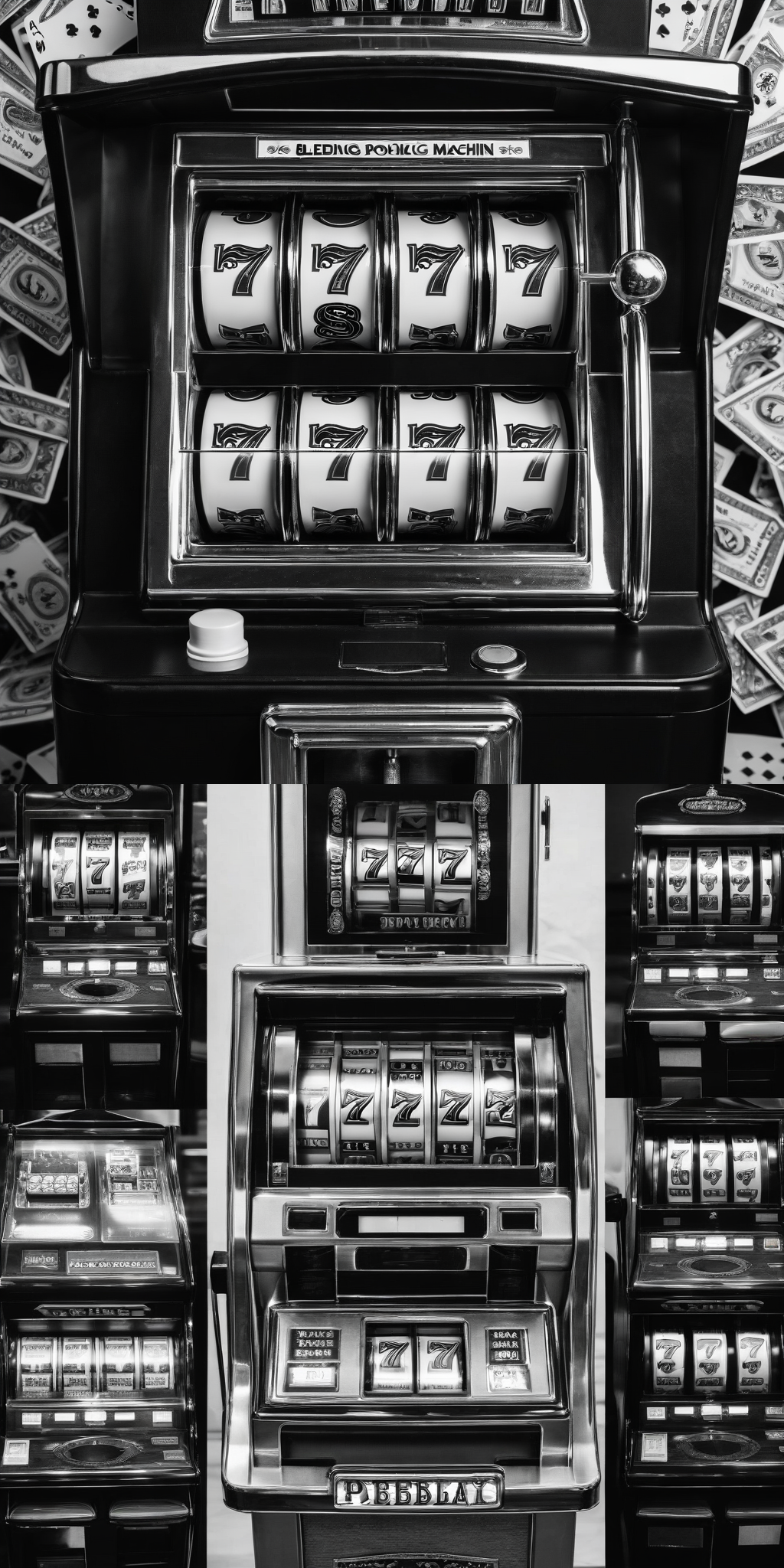The rise of social media has revolutionized how we interact, access information, and spend our time. However, beneath the surface of these platforms lies a complex web of algorithms designed to maximize user engagement in ways eerily similar to gambling platforms. This article explores the parallels between social media algorithms and gambling mechanisms, supported by key statistics and visual aids to enhance understanding.
‘Social media algorithms are designed to maximize engagement, often leading to behaviors reminiscent of gambling addiction.’
Tristan Harris, co-founder of the Center for Humane Technology, in an interview with NPR
Social media algorithms are crafted to keep users engaged for as long as possible. Much like gambling machines, these algorithms exploit psychological principles to create habit-forming behaviors. Studies reveal that these platforms use reward-based systems, unpredictability, and personalized content to hook users, mirroring the techniques used in gambling.
The Psychology Behind Engagement
Reward Systems and Dopamine
One of the core similarities between social media and gambling platforms is the use of reward systems to trigger dopamine release in the brain. Dopamine is a neurotransmitter associated with pleasure and reward. When users receive a like, comment, or share, their brain releases dopamine, creating a pleasurable sensation that encourages repeated behavior.
Key Statistic: Research from Harvard University found that self-disclosure on social media activates the brain’s reward system, releasing dopamine much like addictive substances do .

The Role of Unpredictability
Both social media and gambling rely heavily on the principle of unpredictability. Slot machines, for example, are designed to provide unpredictable rewards, which keeps players engaged in the hope of hitting the jackpot. Similarly, social media feeds are curated to deliver a mix of predictable and unpredictable content.
Key Statistic: A study published in the “Journal of Behavioral Addictions” indicated that the unpredictable nature of social media notifications significantly contributes to compulsive usage .
‘Algorithmic design in social media is aimed at creating habitual behaviors akin to those found in casinos’
Dr. Jaron Lanier, computer scientist and author, in an interview with The Guardian.
Personalized Content
Algorithms on social media platforms analyze user behavior to provide personalized content, much like how gambling platforms tailor experiences to individual preferences. This personalization increases engagement by showing users content they are most likely to interact with.
Key Statistic: According to a report by the Pew Research Center, 74% of Facebook users are unaware that the site collects their interests for targeted advertising .
‘Algorithmic transparency is crucial to understanding how digital platforms leverage gambling-like tactics.’
Ryan Calo, law professor at the University of Washington, in an article for The Atlantic
The Impact on User Behavior
Time Spent on Platforms
The addictive nature of social media can lead to excessive time spent on these platforms. The design of infinite scroll and continuous content refresh mimics the endless play features of slot machines, making it difficult for users to disengage.
Key Statistic: A study by the Nielsen Company revealed that adults in the U.S. spend an average of 2 hours and 22 minutes per day on social media .

Mental Health Consequences
Prolonged social media use has been linked to various mental health issues, including anxiety, depression, and loneliness. The constant comparison with others, fear of missing out (FOMO), and cyberbullying contribute to these adverse effects.
Key Statistic: The “American Journal of Preventive Medicine” found that individuals who spend more than two hours per day on social media are twice as likely to experience social anxiety and depression .
The parallels between social media algorithms and gambling platforms are striking and concerning. Both utilize reward systems, unpredictability, and personalization to keep users hooked, often leading to excessive use and negative mental health outcomes. As we become more aware of these tactics, it is crucial to adopt healthier digital habits and push for more ethical design practices in technology.

References
- Harvard University. (Year). Study on Brain Activation and Social Media. Retrieved from Harvard Study.
- Journal of Behavioral Addictions. (Year). The Unpredictable Nature of Social Media Notifications. Retrieved from Journal Study.
- Pew Research Center. (Year). Report on Facebook User Awareness and Data Collection. Retrieved from Pew Report.
- Nielsen Company. (Year). Study on Time Spent on Social Media by U.S. Adults. Retrieved from Nielsen Report.
- American Journal of Preventive Medicine. (Year). Study on Social Media Use and Mental Health. Retrieved from Journal Report.
